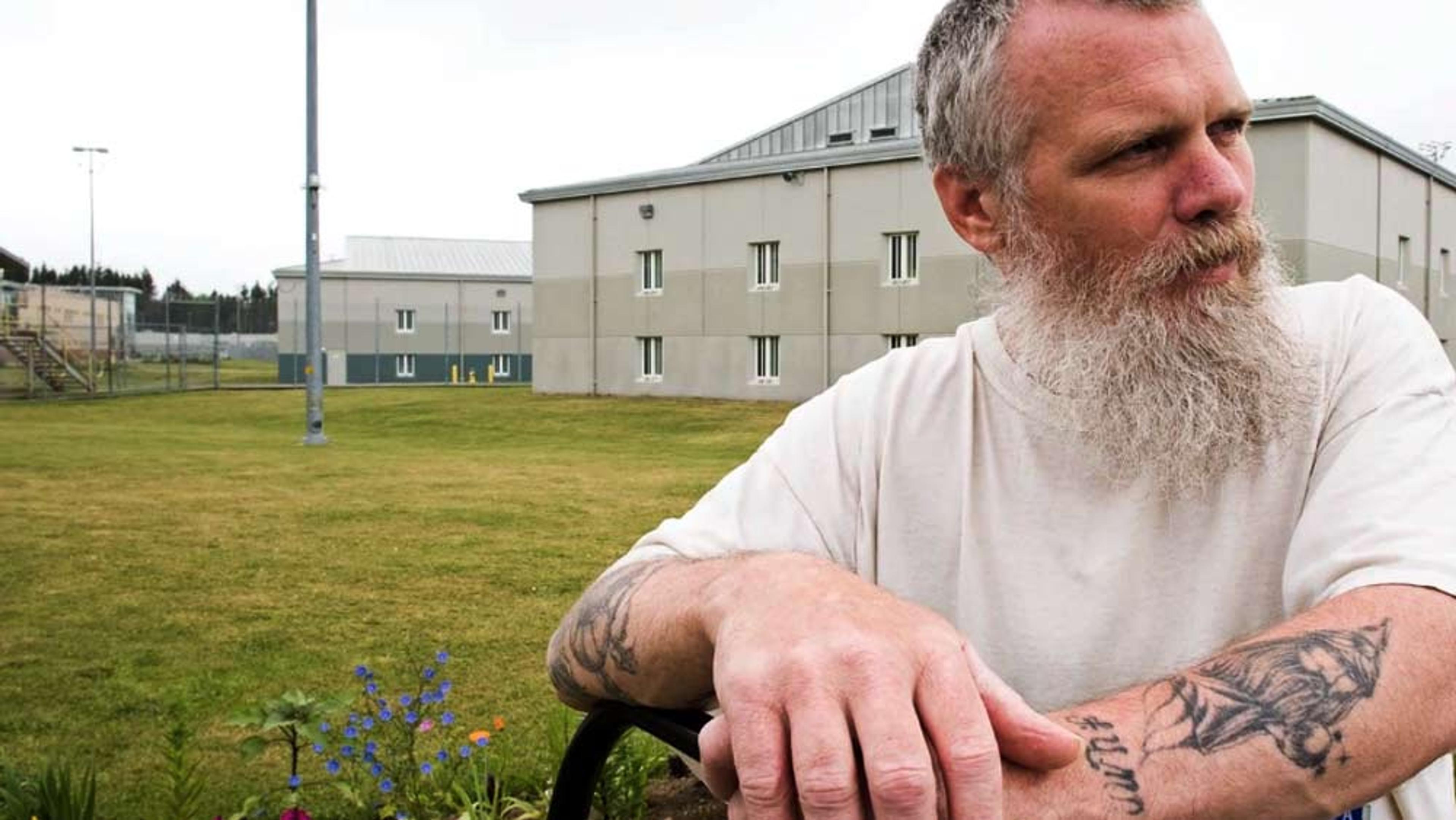Imagining a world without prisons might seem like a fantasy. But for the US geographer and prison abolitionist Ruth Wilson Gilmore, it’s not just a possibility but a necessity. A professor at the Graduate Center of the City University of New York (CUNY), Gilmore has long argued that capitalism and racism are inextricably linked, working together to produce what she calls ‘unfreedom’. She describes this as a condition in which certain lives are constrained, abandoned or controlled by systems that cause harm and perpetuate inequality while claiming to protect them.
In this short documentary, the US researcher and filmmaker Kenton Card captures Gilmore in Lisbon, Portugal, where she lives part-time. At locations including a monument to the ‘Age of Discovery’ and a marginalised neighbourhood built by migrants from former colonies, Gilmore makes the case that abolition isn’t just about tearing down institutions but about building something better, grounded in radical care and equality on a global scale.







